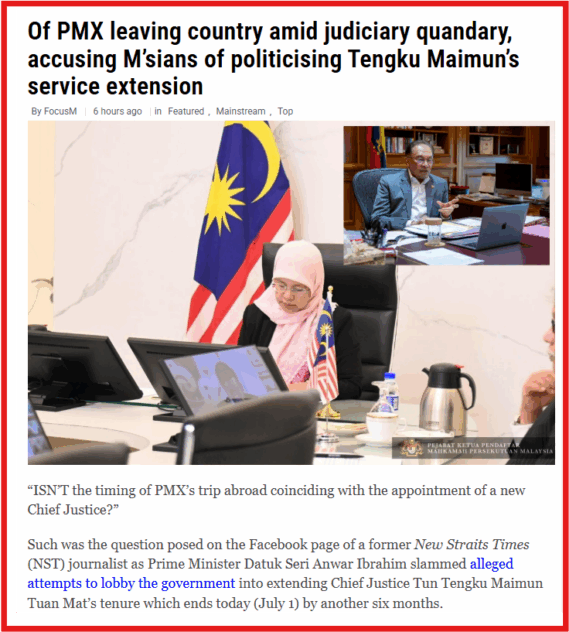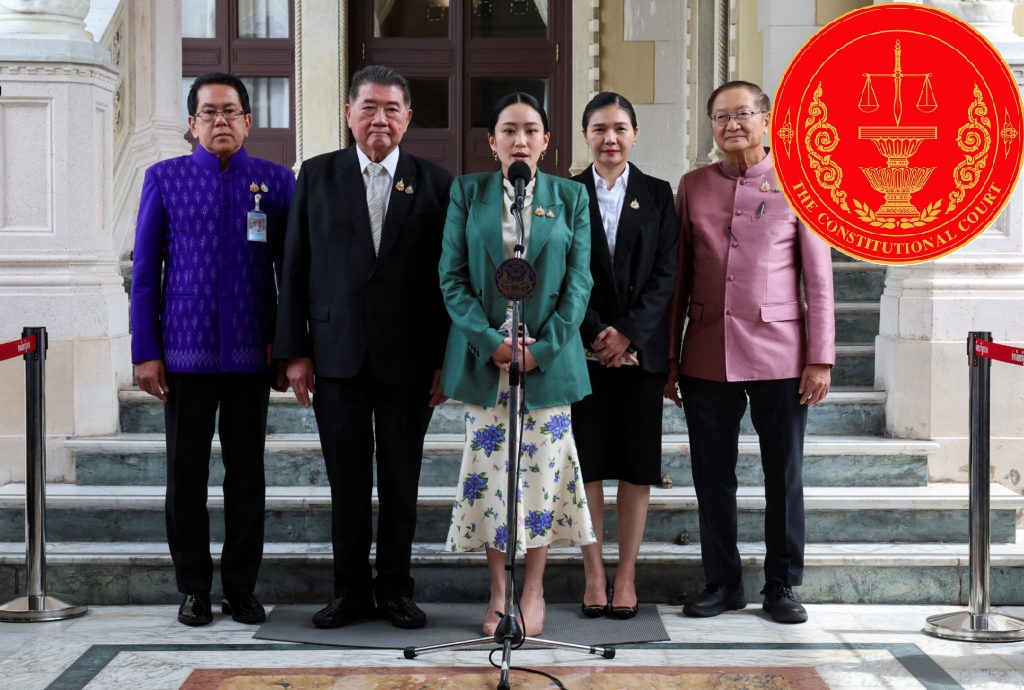THE Constitutional Court in Thailand appears to possess the authority and resolve to act as a check and balance on the executive.
Recently, Thai Prime Minister Paetongtarn Shinawatra was suspended by the court after a leaked phone conversation with former Cambodian Prime Minister Hun Sen raised concerns about compromising Thai sovereignty.
The court viewed her remarks as appeasement politics which could be potentially detrimental to national interests. Shinawatra has been given two weeks to mount her defence.
In stark contrast, Malaysia lacks such judicial robustness. Its judiciary remains largely tame and subservient to the executive.
Through his advisory role to the Yang di-Pertuan Agong (YDPA) in judicial appointments, the Malaysian PM maintains significant control over the judiciary.
This entrenched power dynamic means that the judiciary is unlikely to act independently, let alone investigate the wrongdoings of a sitting PM.
Tame institution under executive control
Once a vocal advocate of reforms while in the opposition, Prime Minister Datuk Seri Anwar Ibrahim now holds unchecked authority over judicial appointments.
The Judicial Appointments Commission (JAC) exists in name but lacks real power. Recent decisions – such as the non-renewal of service for three senior judges – underscore Anwar’s reluctance to dilute his influence over the judiciary.

This pattern is not new. In 1988, former Prime Minister Tun Dr Mahathir Mohamad advised the Agong to discipline judges deemed uncooperative, leading to one of the darkest chapters in Malaysian judicial history.
The ability of a serving PM to orchestrate such moves underscores how deeply judicial independence has been eroded.
Without a genuinely independent judiciary, there is no institutional mechanism to hold the executive accountable.
The establishment of a Constitutional Court – similar to Thailand’s – is improbable under the current political structure.
As long as judicial appointments are tied to executive discretion, Malaysia’s courts will remain too weak and compromised to serve as a meaningful check on prime ministerial power. – July 3, 2025
Former DAP stalwart and Penang chief minister II Prof Ramasamy Palanisamy is chairman of the United Rights of Malaysian Party (Urimai) interim council.
The views expressed are solely of the author and do not necessarily reflect those of Focus Malaysia.









